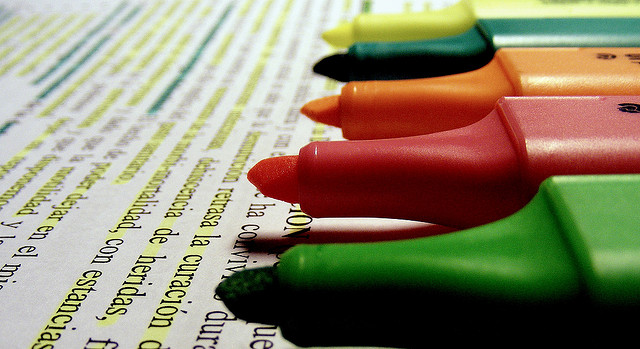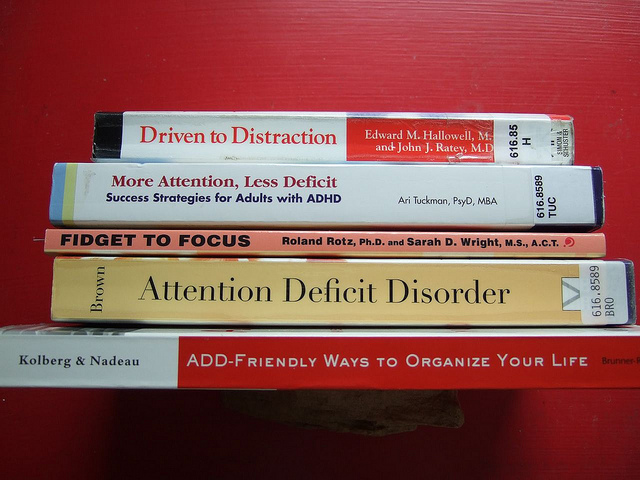
Do you think only studying can give you good marks? But, I don’t think so. In past people used to say, “Practice makes man perfect”. But time has changed a lot and competition has increased a lot. So, what should be said is, “Perfect practice makes man perfect”.
Some of the ways to study effectively are:
1. Create a time table:
By creating time table you can increase your efficiency. Time table helps to reduce the gap of time between two tasks and helps in the time management. And it is also not so hard to create a time table.
If you are reading this then you might have already created time table but might have failed to apply it. Some major things to remember in order to make time table effective and applicable are:
- Don’t underestimate yourself and try to balance the things like recreation, sleep, etc. Treat yourself like human not as a machine.
- Be imperfect. Don’t get stressed about past activity which you failed to complete. But, try to accomplish and focus on the current and upcoming tasks.
- Be slow and steady. Don’t expect yourself to accomplish all the activity of time table within a single day or week. It needs a lot of practice and patience.
- Treat your time table as a reference point. So, ignore the small mistakes or errors but try to avoid such mistakes next time.
- Be prepared ahead for the things which you can’t control like load-shedding, delay of bus, illness etc. Even if you weren’t prepared ahead then, try to find the solution to deal with such situation and don’t forget to apply it later also.
2. Take a note:
Many teachers tell the student to write the note. And note taking also helps a lot in learning. You can have all the necessary studying material packed inside a note-copy which can make very easy to study. Even though, if teacher don’t make you to write note, try to write it by yourself. It will be even more easier to study if you create your note in your own writing style. If you get confused what to include in note copy then ask to subject related teacher or look at the past exam’s questions papers.
3. Listen carefully in class and don’t get afraid or hesitate to
ask the questions if you don’t understand:
4. Don’t procrastinate:
As far as you can, study daily. This will prevent your work to be piled up for exam and gives you enough time to get prepared. It will be even more better if you study the studied material in the same day at home. If you do so, then you will have better understanding and studied material get stored for long time in your brain.
5. Review:
You can’t stay alive by eating only one time, can you? No, you can’t. Like that you also can’t remember the studied material after a long time by studying only once. So, set separate time to periodically review the studied material. The more you review the more you will remember.
6. Write down:
Some studying materials can be very hard to memorize by just reciting. In such case, write it down in a separate copy until you memorize it. As far as you can try to memorize everything by writing down because it will not only helps you to get good practice for exam but also helps you to memorize for longer time.
7. Use the mnemonic devices:
a. Visual image:
Associate a visual image with word or name to remember better. It can be used especially for remembering the process of something.
For example, in biology if you want to remember blood circulation process then you can do this easily by making well labeled diagram of heart and describing it. Or you can create images of heart and different organs related to blood circulation inside your brain and try to describe it.
b. Acrostic (or sentence):
Make up a sentence in which the first letter of each word is part of or represents the initial of what you want to remember.
For example, for remembering, Sin=P/H, Cos=B/H and Tan=P/B, you can prepare a sentence like this, “Some People Have Curly Brown Hair Turned Permanently Black.”
c. Acronym:
Acronym is a word that is made up of by taking the first letters of all the key words or ideas you need to remember.
For example, the word “HOMES” can be used to remember the names of Great Lakes like: Huron, Ontario, Michigan, Erie and Superior.
d. Chunking:
Chunking helps to break a long list of numbers or other types of information into smaller and more manageable chunks.
For example, to remember a long number make it more manageable by dividing into small chunks like this 555-867-5309 (as opposed to 5558675309)
e. Make a story:
You can also remember the facts that are to be listed serially by making interesting story.
8. Create a clear plan and try to learn from others:
Create a clear plan and set a goal for yourself. Try to create your own way to study which suits you more.
Ask the senior students or teachers about how to study effectively. Convince them to share their method of study and ask for their suggestion.
Always remember that,
Studying is 99% perspiration. So in order to achieve good knowledge and good marks, study hard.
9. Be happy and enjoy while studying:
The more you become happy and excited while studying the more you will learn easily and efficiently. For this imagine how studying will help you to make your life better.
That’s why you remember more from watching T.V, listening songs or story because you become more excited and happy at that time.
photo credit: Thomas Hawk via photopin cc





